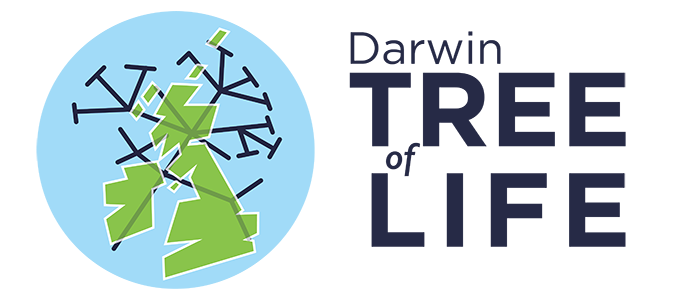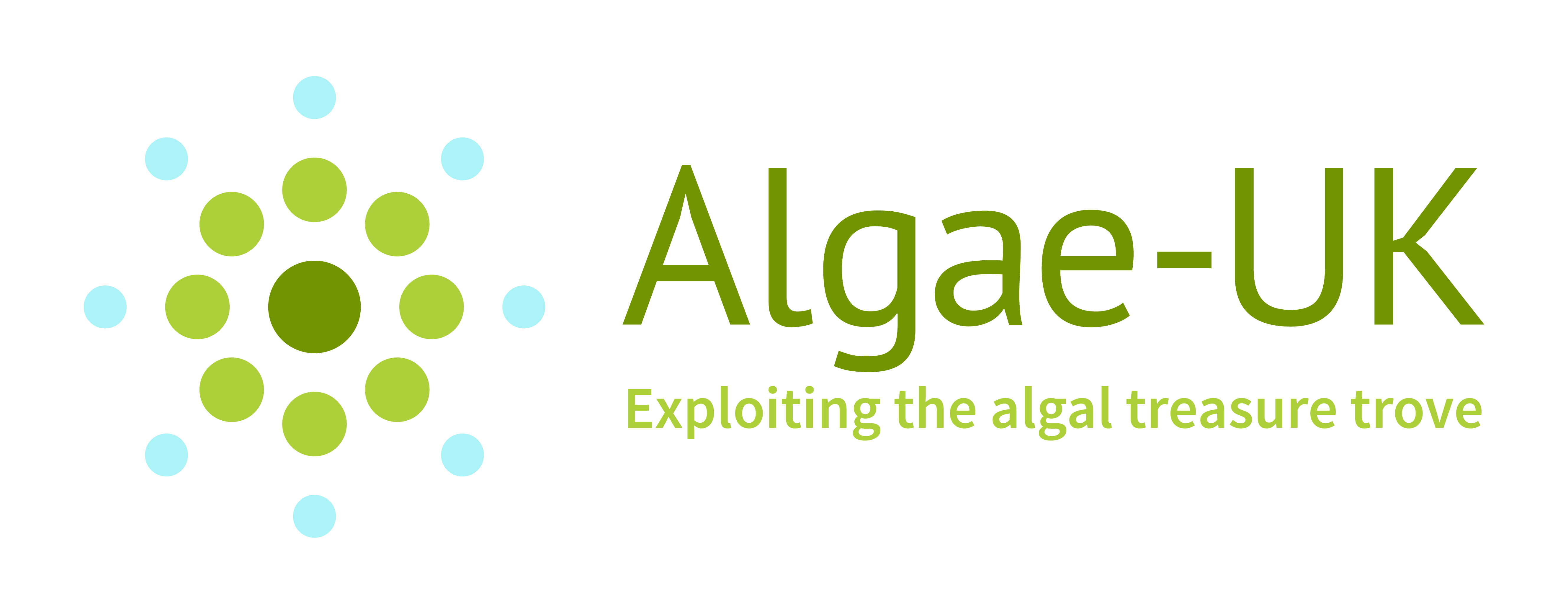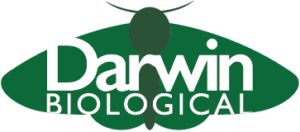CCAP Research and Partnerships
CCAP is working in partnership with:
NERC Environmental Omics Facility: www.neof.org.uk
NEOF is a partnership between world-leading labs at the Universities of Liverpool and Sheffield who have pooled resources and expertise to deliver state-of-the-art omics expertise, capability and training to UK environmental scientists.
Darwin Biological: www.darwinbiological.co.uk/
We supply algae and protozoa cultures to schools and colleges within the UK in partnership with Darwin Biological for use in teaching and practical classes.
CCAP and our staff are involved in several related research projects, including:

Darwin Tree of Life
www.darwintreeoflife.org/
The Darwin Tree of Life project aims to sequence the genomes of all 60,000 species of eukaryotic organisms in Britain and Ireland. It is a collaboration between biodiversity, genomics and analysis partners that hopes to transform the way we do biology, conservation and biotechnology.
CCAP is collaborating in the protist side of the project, the Collection is in a unique position to be able to provide the protozoan genomic DNA as it is the only repository for such strains in Europe and one of only two in the world.
CCAP’s role is to supply biomass from a selection of algae and protozoa. The CCAP team will use their expertise to select the strains according to their taxonomy, grow them and harvest them following Standard Operating Procedures developed for the project. CCAP also provides the metadata associated with the strains and helps in the establishment of methods to grow and harvest the strains.

Living Ink is a biomaterials company on a mission to use sustainable and renewable algae technologies to replace petroleum-derived products, such as ink. Living Ink are changing the way pigments are made by using algae as colorants for ecofriendly Algae Ink™ products. They have successfully commercialized the world’s first black algae-based ink that has a negative carbon footprint, is bio-based, resistant to UV-light exposure and is safe. Algae naturally synthesise a wide range of pigments across the colour palette – ranging from green, blue, yellow, orange and red. The purpose of this project is to explore other algal species that might be suited for sustainable ink processes by interacting with researchers at CCAP and SAMS in Oban, Scotland and Living Ink. A number of algae, especially those that were isolated from extreme environments, will be examined to test for the pigment colour, content and stability (such as do they degrade at high or low temperatures or pH).

ASSEMBLE Plus
www.assembleplus.eu/
Under the leadership of the European Marine Biological Resource Centre (EMBRC), ASSEMBLE Plus provides scientists with access to over 30 marine biological station facilities and resources, including CCAP and SAMS. Users can apply for funding to carry out projects at any of the ASSEMBLE Plus stations that are located in a different country to the user’s home institute, or can request scientific material to be sent to them from a station. CCAP strains are also available for Remote Access.


